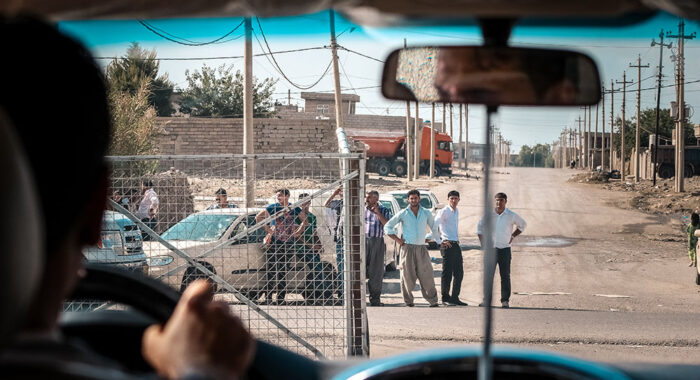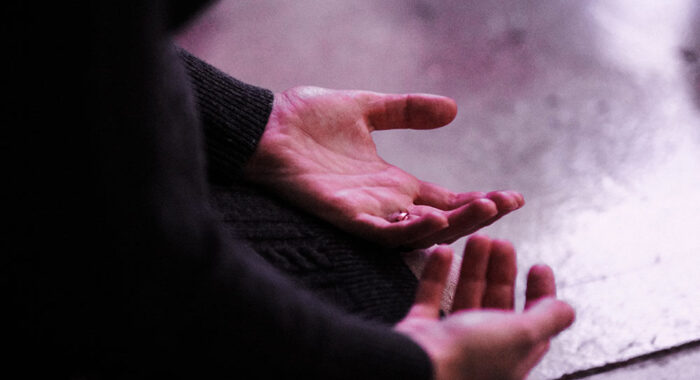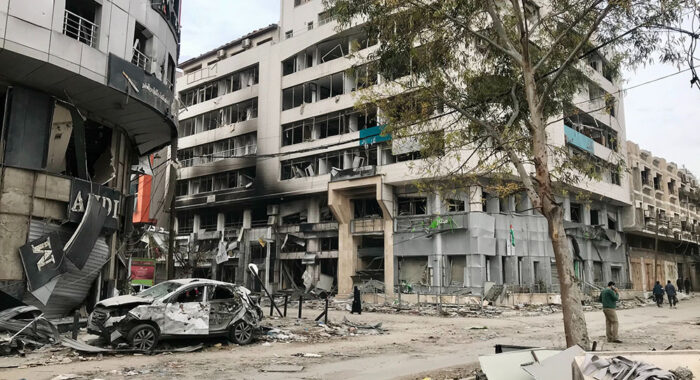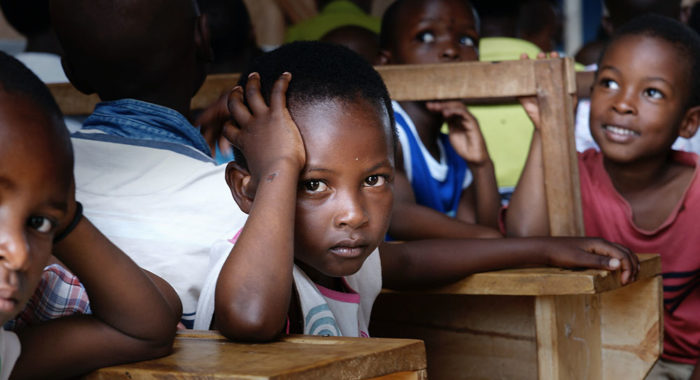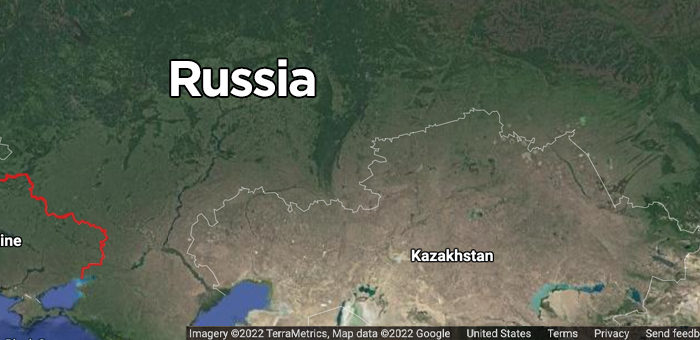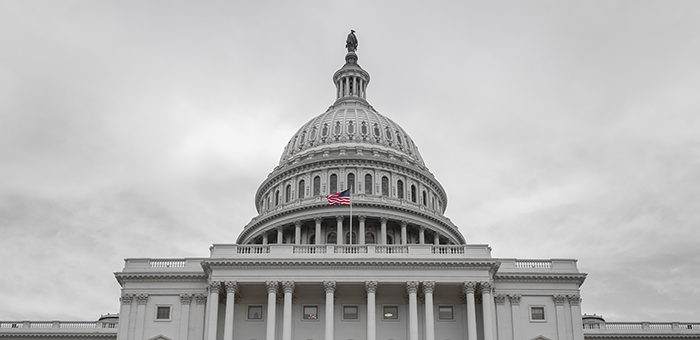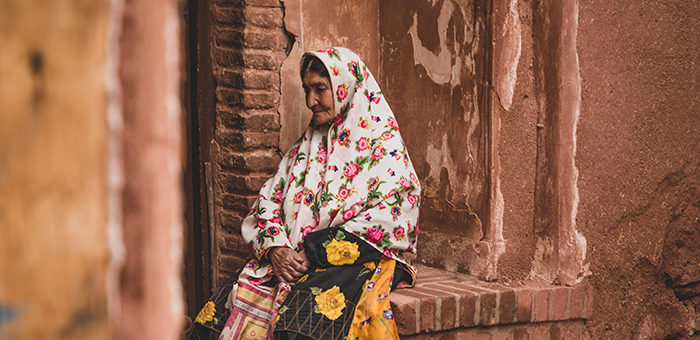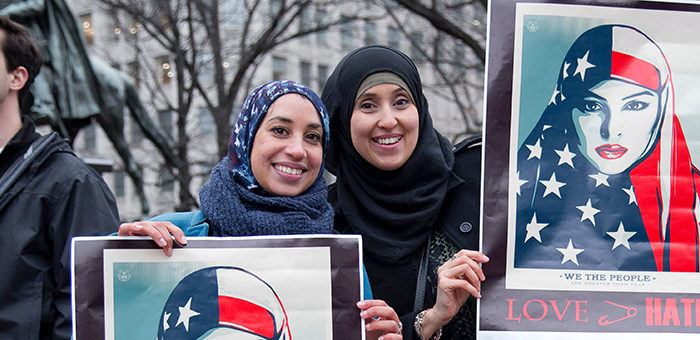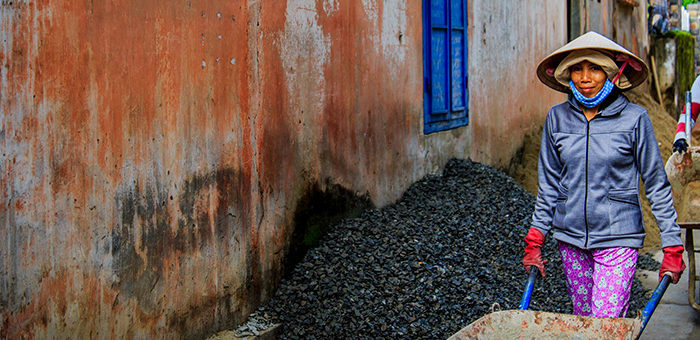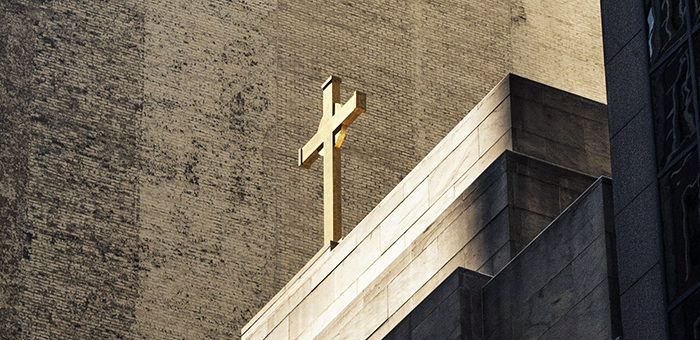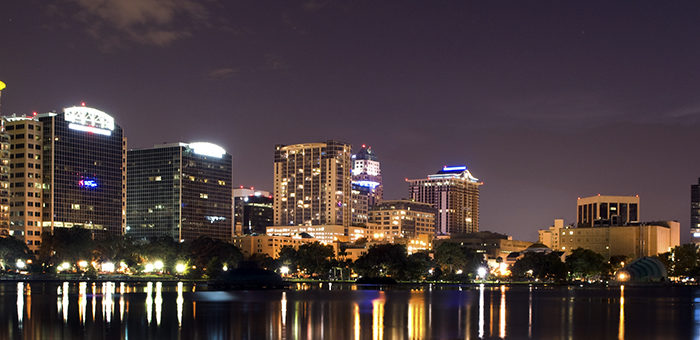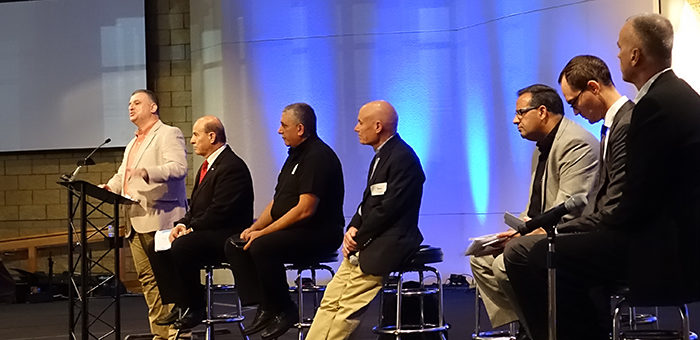Johnnie Moore is president and founder of The KAIROS Company. He is author of “Defying ISIS” and former senior vice president of Liberty University. He also served as chief of staff to Producer Mark Burnett and vice president of faith content for United Artists Media Group (an MGM company). Moore is a board member of World Help, National Association of Evangelicals, The Dream Center LA, The Influence Lab and World Evangelical Alliance. He holds a bachelor’s degree from Liberty University and a master’s degree from Liberty Theological Seminary and Graduate School.

Now, the only Christians remaining in the entire Nineveh Plain of Iraq are those held as sex slaves, and nearly all of the region’s ancient churches and monasteries have been destroyed or converted into a mosque, madrassa or prison.
In some places the ISIS genocide has been so thorough that the militants have taken chisels to the crosses engraved on tombstones in Christian cemeteries.
A community that took 2,000 years to build has been destroyed in a matter of months. In the 21st century …
An Attack on Christians
The Islamic State’s attack on Christianity is neither coincidental nor tertiary, nor does it represent a part of ISIS’ plan. It is at the very heart of their plan.
Take, for instance, the fact that the videos of their beheading and execution of Ethiopian and Egyptian Christians were entitled “A Message in Blood Written to the Nation of the Cross,” and the front page of the ISIS magazine in October featured a picture of St. Peter’s Square with an ISIS flag superimposed atop the obelisk that adorns the center of that iconic heart of Christianity.
In every major address or written communication given by the founder of the Islamic State, Abu Bakr al Baghdadi, he has declared their intention to march “all the way to Rome,” and along the way, he has promised to “break the crosses” of the Christians and to “trade and sell their women.”
So far, Baghdadi has done exactly what he said he would do, and every single encounter ISIS has had with Christian communities anywhere in the world has resulted in one of four outcomes: forced conversion, slavery, extortion or execution. There is not a single exception.
Our Biblical Mandate
The overall situation in Iraq and Syria has been characterized by the United Nations as the worst in our modern era. Yet, for the world’s two-billion-strong Christian community, it is even more consequential. Paul wrote to the Corinthians at another time when Christians were being beheaded, “If one member of the body suffers; all suffer together.”
We have an obligation to empathize and raise our voices on behalf of justice and do as King Solomon advised us to do, “rescue those being led away to death.” We are to, as Hebrews 13:3 says, “remember those who are in prison as if you were together with them.”
We have a biblical mandate to be engaged in this crisis, and — at the very least — we must raise our voices in solidarity and protest.
Our Muslim Witness
Within weeks of ISIS’ lightning-fast advance in Iraq and Syria last summer some of the world’s top Islamic scholars issued an open letter to ISIS’ leader Abu Bakr al Baghdadi taking him to task on the awful Islamic theology that was dictating all the horror he was inflicting upon the world. That letter, which was signed by 126 of the world’s top Islamic voices, outlined 24 specific areas within which ISIS’ actions were in direct opposition to Islamic teaching. With regard to Christians the letter is crystal clear: “these Christians are not combatants against Islam … indeed they are our friends, neighbors and co-citizens.”
The king of Jordan has similarly stated, “it is our duty, rather than a favor” to protect Christians in the Middle East.
The fact is that ISIS threatens not only the ancient communities of Christians, Yazidis and other religious minorities of the region, it also threatens nearly all of its Muslims.
In fact, ISIS has killed more Muslims than anyone else. Now is the time for Christians to stand hand-in-hand with the Muslim community against a common enemy.
Our Theology of Suffering
Christians often have one of two reactions when they hear of severe Christian persecution. Sometimes they embrace a sense of fatalism decrying the inevitability of suffering and martyrdom, as demonstrated throughout Christian history, and they resolve that this is something that is just going to happen. These Christians compel us to embrace it and face it, and trust God in it. As such, they don’t feel particularly inspired to stop it.
Others who don’t understand the great history of sacrifice deeply rooted in the Christian Church fail to see how this suffering actually strengthens the Church and causes it to grow. They only see the darkness and never see the glimmer of light that shines every moment a Christian, young or old, is willing to die for a faith that so many Christians in the West are barely willing to live for.
In actuality, we are to embrace both interpretations, honoring the sacrifice of our brothers and our sisters even while we’re praying intensely that they might be free from the evil that aims to kill them.
This isn’t a season for churches to dedicate one Sunday to the persecuted church. This is a time for churches to dedicate every Sunday to the persecuted church.
We are to pray till our knees are raw, and then we are to get off of our knees to wage our own war against ISIS by providing abundant humanitarian assistance. For every act of love on behalf of someone ISIS aimed to kill is a dagger in the heart of ISIS’ genocidal plan.
Our Hope and Prayer
Finally, we are to always believe that God still has the power to change the hearts of those terrorizing the Church as he changed the heart of Saul — on a road to Syria — 2,000 years ago.
Maybe there’s a member of ISIS who will meet Jesus miraculously tonight? If we know nothing else from the New Testament, we know that former terrorists make really fantastic preachers.



 View All Articles
View All Articles 
